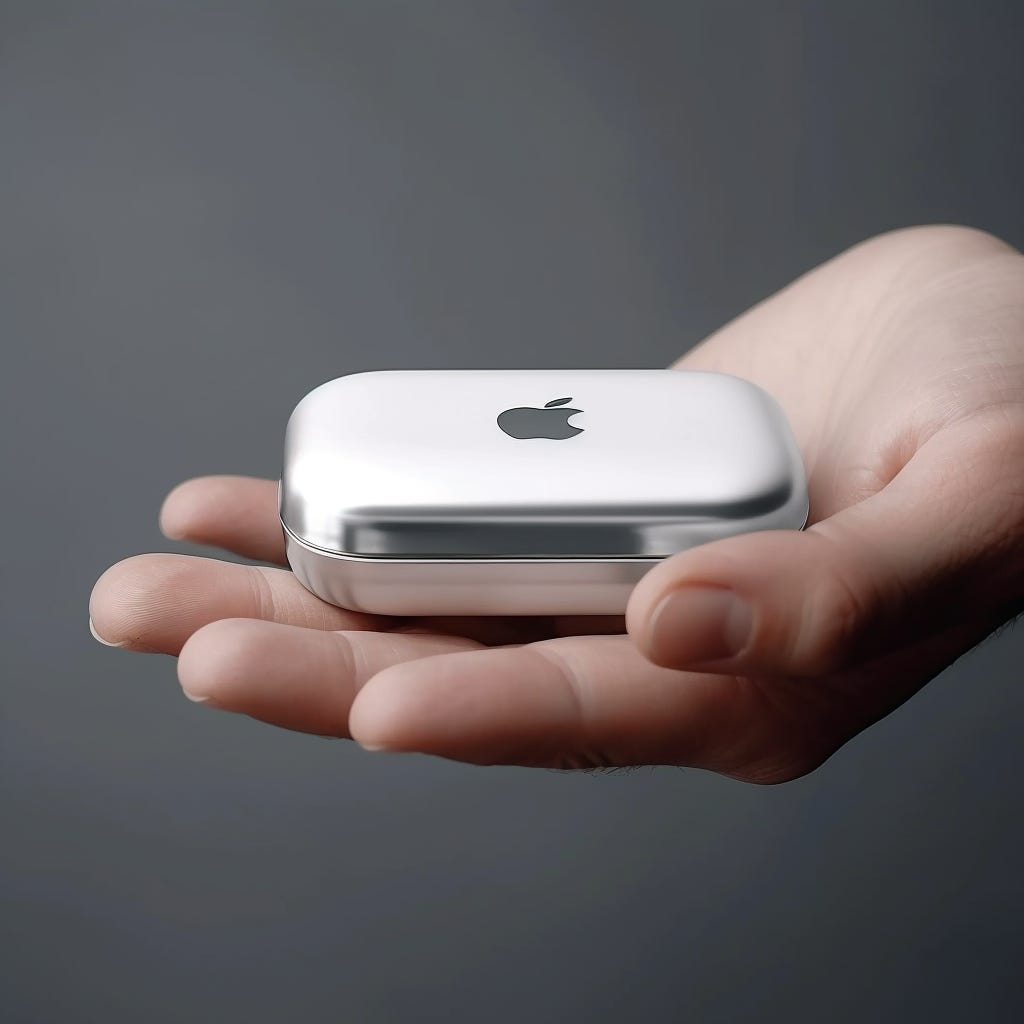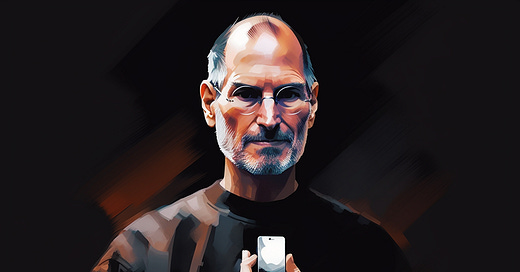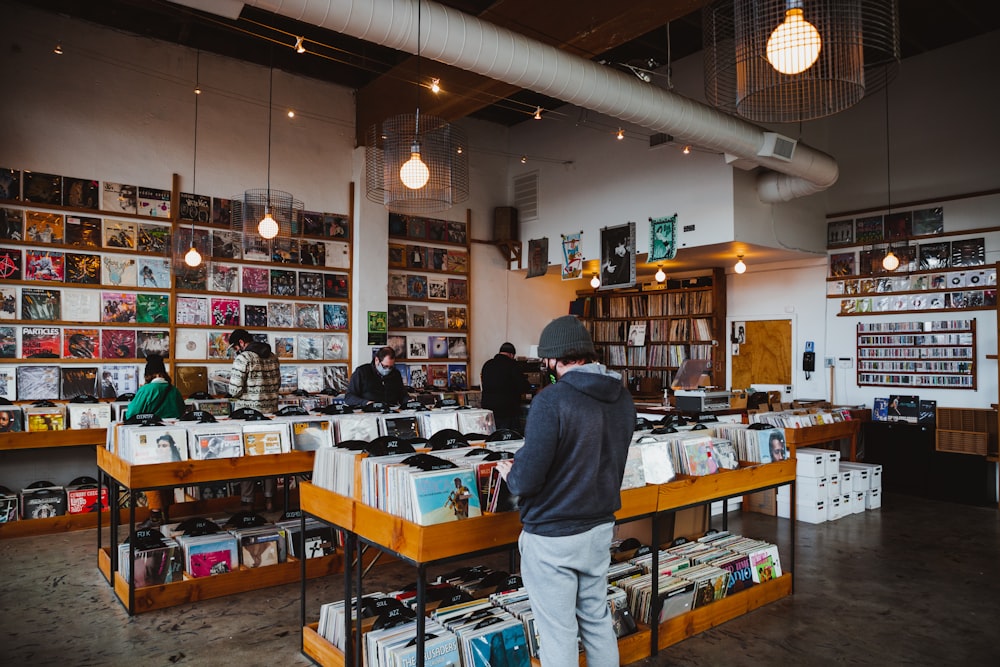#5: An I-Shaped Thought Experiment...
Or why the iPod Shuffle was the last great innovation in digital music
The iPod Shuffle has an interesting place in portable music history. People seem to look back on it as some sort of limited-use case, mysterious device with no display that only had one function: shuffling your preloaded songs from iTunes. But that's exactly what I think makes the device so interesting. It took the shuffle function, which was a relatively new way of experiencing music at the time, and really honed in on this use case for consuming music and the surprise of hearing a random track from a different artist other than the last one played - something we take for granted today. I feel there's an opportunity to do something like that again in the hardware space with music and make music exciting again.
I decided to put the concept of working backwards from magic to the test with another function of music that is pretty overlooked: adding music to a library. The tricky part was - this already works like magic: you think of a song, you search for it in a streaming service, and there it is ready for listening. I decided to do a thought experiment on what this would look like if we were to take digital tools out of the equation in sourcing the music and pursued the question: what would a hardware device designed for building a music collection look like in a novel way encouraging us to take our heads out of our screens? This felt like the right pursuit as I've often claimed, much of the magic about buying physical music is in the clunkiness of the experience, i.e: going to a record store, browsing, buying your chosen album, reading through the liner notes on the way home - it's a slow, meditative experience, and one that enriches the music.

A loveable, stubborn piece of hardware
I wondered what it would be like if you had a portable device that you could ONLY add music to by listening to it in the moment, in that place in time. This might be a club, at a party, in the car with friends, at a gig, similar to how Shazam works for identifying music, but in this case this would be the only way to collect music on the device to listen to later.
This goes hand-in-hand with the concept of spatial navigation and memory palaces for recalling data (I'll be talking plenty about that sort of thing in due course). Music itself can "teleport" users to points in time or places, so it would be interesting to experiment and see if this is a two-way street between music and memory palaces.
Apple's modern products are very T-shaped, in that they have a wide breadth of use cases. But contrasting to that, the iPod Shuffle was very I-shaped in that it had one defined use case and therefore could go very deep into the experience of that one purpose. I believe that a device built around solely collecting and experiencing the music that you've collected is another way of creating a good I-shaped device and going deep into that experience, and maybe helping people fall in love with hardware again along the way.
Slowing it down
That whole experience of taking time and deciding which things to buy and anticipating what that's going to sound like was part of the experience, and really enriched the experience itself by making it a little more slow-paced and meditative versus the fast action streaming of the world today. With streaming, it's easier to discard music and not appreciate it, and music collection isn't so much of a thing that you show people or tell people about anymore. I feel that this will truly encourage that sense of collecting and being proud of your collection. The act of collecting would be deliberately slow. It would require effort, and it would require people to really think deeply about where to go and find good music, and decide whether they want to add it or not.
Perhaps the user would press and hold a button to start the recognition on the device which might have some sort of indication once the track has been recognised and collected on the device. Then they could decide to go on about their day, or listen to their collection.
A music collection then becomes this important, considered thing where people will probably want to show it off like we used to with CDs, cassettes and vinyls. You could have user profiles that show a user's music collection and potentially have a map of the places around the world where they have collected each piece of music. Maybe you could take it further and the device could have a mode of playing music in the places where you collected the music.
Maybe users could trade music? Spotify has its whole scan-a-code thing, but really I don't think many people use that because they make the music quite accessible anyway via search and it's quite cumbersome to get two phones fudging cameras and QR codes where it is easier just to search for a track. Again, if Spotify was an I-shaped service and that was the only way to exchange music and collect music, like trading cards, it might be a different story and it could be very widely used.
Friction by design to forge consideration
This whole approach would encourage people to listen to music and consider music and whether it's worthy of adding to a collection because with no actual interface on this imaginary device, it means that the music and the environment would be the interface. It also opens up this social aspect of sharing, discussing, and discovering music and creates a more deep and enriching experience of the sourcing of music and what it's like to build a proper music collection again.
By potentially combining the aspects of an I-shaped device like the iPod Shuffle and going deep on one use case, making that use case the whole identity of the device, you can explore music and collect music in a much more meaningful way. It could encourage people interacting with the real world enabled by digital with approach that doesn't involve having your head face down in a device all day or having some sort of overlay on the world through AR devices. It would be just you in the world collecting music and making your experience with that music much richer and much deeper, and the whole experience of gathering that music slow, meditative, and considered.






